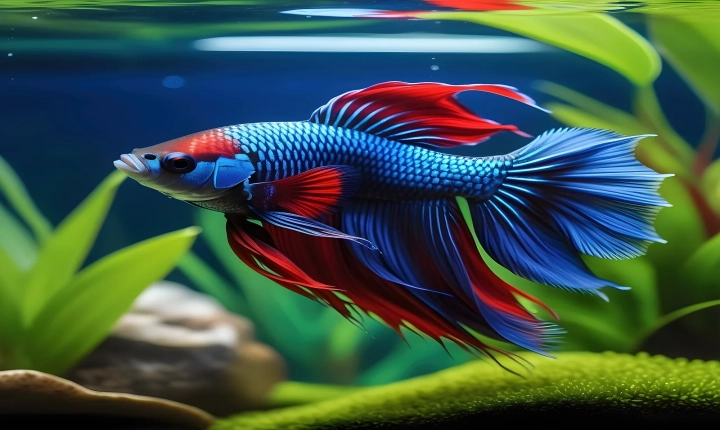Title: Does Elon Musk Own OpenAI?
Elon Musk, the popular entrepreneur and innovator, has long been associated with a wide range of groundbreaking ventures and companies. One of the organizations he has had ties with in the past is OpenAI, a leading research organization working on artificial intelligence. However, the nature of Musk’s involvement with OpenAI has often led to confusion and speculation about whether he actually owns the company.
OpenAI was founded in 2015 with the goal of advancing digital intelligence in a way that promotes and ensures its safety and beneficial use for humanity. Elon Musk was one of the co-founders and initial funders of the organization. Musk’s involvement in OpenAI stemmed from his concerns about the potential risks associated with the rapid advancement of artificial intelligence (AI) and the need to develop ethical and safe AI technologies.
In the early days, Musk played a significant role in the organization and was part of the board of directors. However, Musk’s participation has evolved over time as he focused on his other ventures, such as Tesla and SpaceX. In 2018, Musk stepped down from the board of OpenAI but maintained his financial investment in the organization.
While Musk’s association with OpenAI is well-documented, it’s important to note that he does not outright own the company. OpenAI operates as an independent research organization with its own leadership and structure. Instead, Musk’s contributions primarily took the form of financial support and strategic guidance, especially during the organization’s early stages.
OpenAI has received funding from a variety of sources, including other prominent investors and foundations with an interest in AI research. This diverse funding structure allows OpenAI to maintain its independence and pursue its research goals without being overly influenced by a single entity or individual, including Musk.
In recent years, OpenAI has made significant strides in the field of AI, developing impressive models such as GPT-3, which has garnered widespread attention for its language generation capabilities. The organization has also been at the forefront of promoting AI safety and ethics, driving important conversations about the responsible development and deployment of AI technologies.
In conclusion, while Elon Musk was instrumental in the founding and early stages of OpenAI, he does not currently own the organization. His involvement has been primarily in an advisory and financial capacity, and OpenAI operates as an independent entity with its own governance and leadership. As OpenAI continues to push the boundaries of AI research and innovation, its collaborative and multi-faceted approach ensures that it remains at the forefront of the field, independent of any single individual’s ownership or influence.
